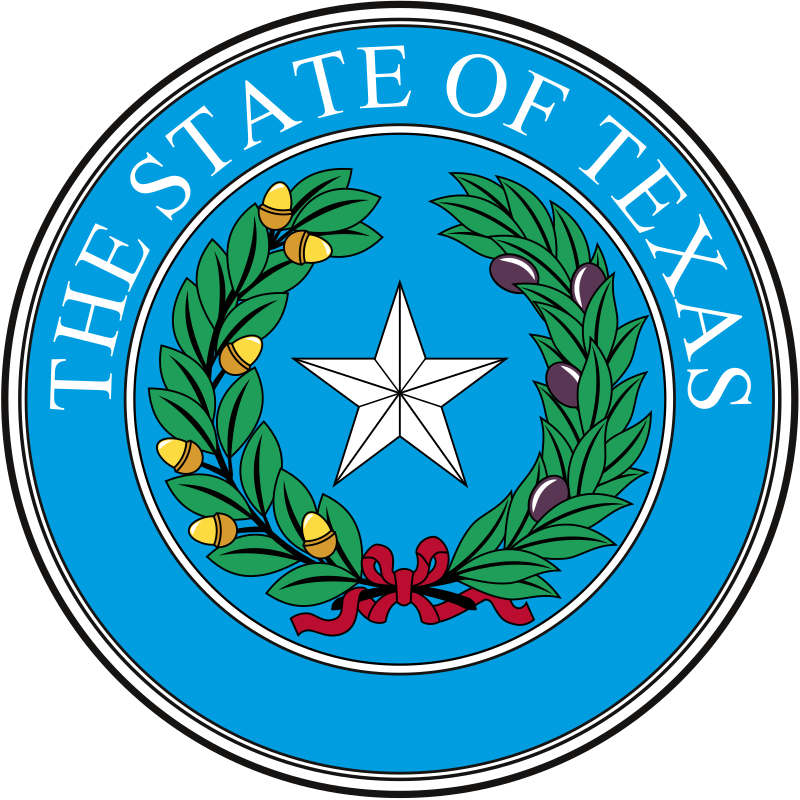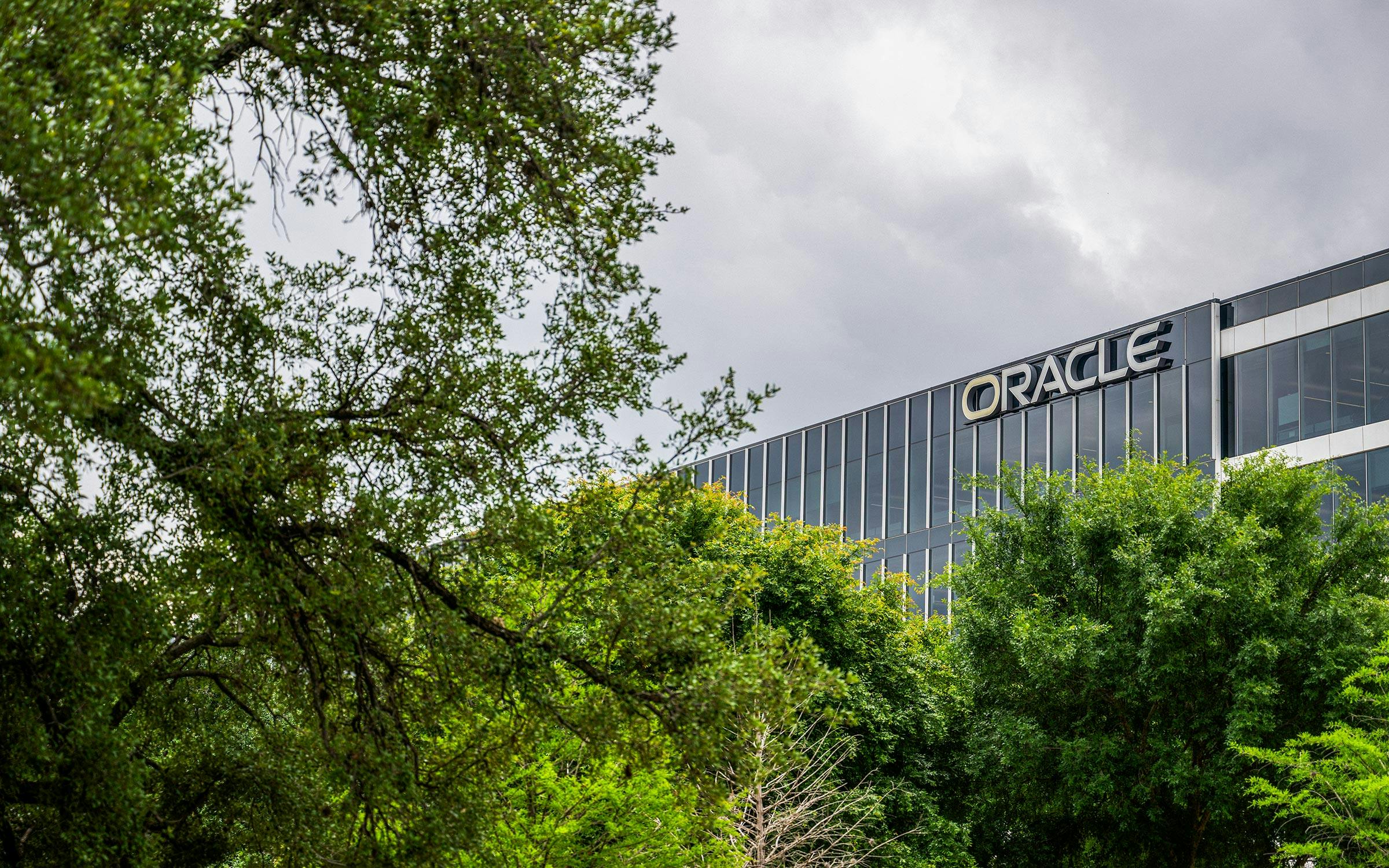- cross-posted to:
- technology
- texas
- cross-posted to:
- technology
- texas
cross-posted from: https://lemmy.ca/post/20125646
The “Texas Miracle” loses some of its magic as Oracle announces it’s moving its new HQ out of Austin and Tesla lays off nearly 2,700 workers.
We had a tech office there. Things are getting too politically extreme for our risk tolerance. It’s bad for business.
Austin-area authorities helped Oracle secure valuable lakefront real estate and offered Tesla some $60 million in tax abatements, including $50 million from the historically struggling school district in Del Valle.
So, once again, tax cuts for businesses harm the social structure. It’s almost as though they shouldn’t exist.
Oracle, which makes business software, cited Nashville’s strength as a center of the American health-care industry, though it surely also helps that the company is getting nearly a quarter of a billion dollars in tax breaks and incentives from the city and the state of Tennessee. Tesla, meanwhile, laid off workers across the country after the Cybertruck suffered significant quality issues that put the future of its Austin production facility in doubt. The city’s debut in auto manufacturing is a vehicle that apparently rusts in the rain. The factory complex, which Musk once promised would become an “ecological paradise,” recently took advantage of a new state law to exempt itself from Austin’s environmental regulations.
Do businesses not care about their communities? /s
Meanwhile, Texas is not a low-tax, low-service state, as is commonly held. It’s a high-tax, low-service state: we may have no income tax, but at least one study found that we have one of the ten highest total tax burdens in the nation, with property taxes making up most of the gap. The quality of state services, however, has not improved commensurate with the growth of state budgets. Older Texans feel squeezed in cities where they’ve lived for decades. Younger Texans go to too-often substandard schools, receive substandard health care, and then can’t afford homes in the cities of their birth. Texas politics has increasingly focused on managing the resulting resentment, and the easiest way to do so is to blame outsiders.
So utterly true.
All that said, property values in Austin and the population of Austin are both still significantly higher than they were in 2020. All this talk of an “exodus” from Austin is as much hyperbole as a “Texas miracle.” Travis County lost something like net 1,000 residents over the last year (after yearly 5 digit increases for many years) while neighboring MSA counties continue to grow. Oh, and Austin startups were only able to raise several billion dollars in venture capital last year, such a pittance!
California is losing California techies too.
This is the best summary I could come up with:
The enemy’s chief newspaper, the Los Angeles Times, worried that Silicon Valley’s “monopoly” was over and wondered if Austin was “the future.” Governor Greg Abbott declared Texas was “truly the land of business, jobs, and opportunity.”
That year the tech goliath Oracle relocated its HQ to Austin, where it had already built a massive campus on the south shore of Town Lake, and Elon Musk began building a gargantuan Cybertruck factory just outside the city.
Oracle, which makes business software, cited Nashville’s strength as a center of the American health-care industry, though it surely also helps that the company is getting nearly a quarter of a billion dollars in tax breaks and incentives from the city and the state of Tennessee.
But while hard financial realities explain the HQ move and the layoffs, the news also evidences a moment of cultural change: the sudden hotness Austin enjoyed in 2020 has dissipated, at least a bit, into notness.
In the mad summer of 2020, tech evangelist Joe Lonsdale wrote that Texas stood as a new frontier in the fight for human freedom and vowed to build a new city outside Austin to serve as a safe haven for disruptors, like other utopians who have been coming to the state for centuries.
Governor Rick Perry was the main figure associated with this contest: he bragged endlessly about the deals he had struck with CEOs from colder and more heavily income-taxed states, and even about the rising price of in-demand U-Haul rentals from San Francisco to Dallas.
The original article contains 1,880 words, the summary contains 254 words. Saved 86%. I’m a bot and I’m open source!



